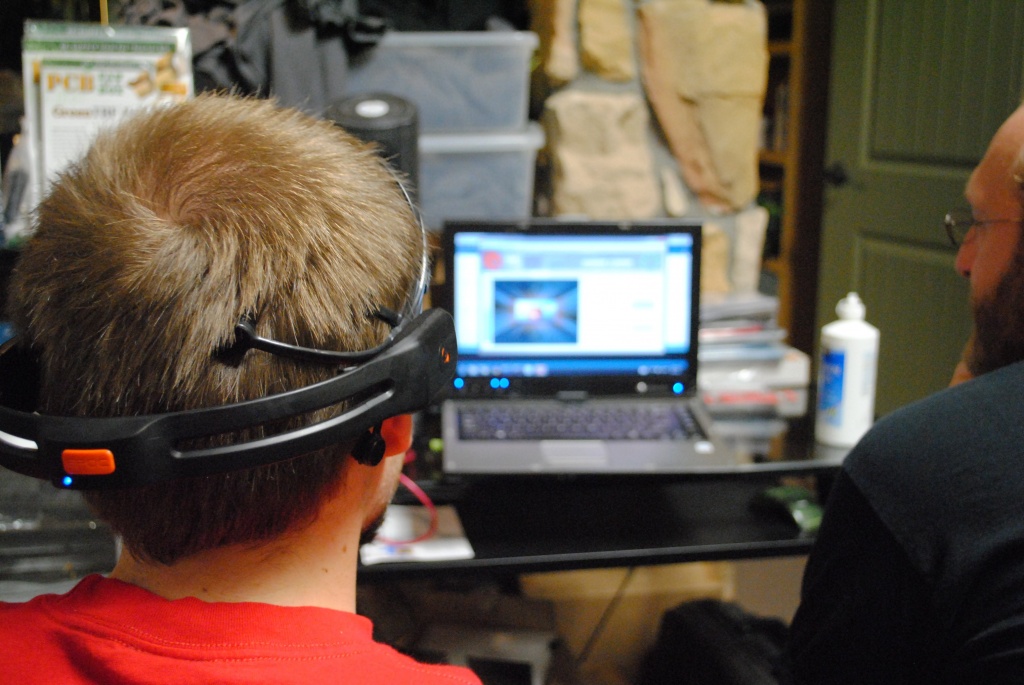drivers/usb/serial/cypress_m8.c in the Linux kernel before 4.5.1 allows physically proximate attackers to cause a denial of service (NULL pointer dereference and system crash) via a USB device without both an interrupt-in and an interrupt-out endpoint descriptor, related to the cypress_generic_port_probe and cypress_open functions.
Monthly Archives: May 2016
CVE-2016-3138
The acm_probe function in drivers/usb/class/cdc-acm.c in the Linux kernel before 4.5.1 allows physically proximate attackers to cause a denial of service (NULL pointer dereference and system crash) via a USB device without both a control and a data endpoint descriptor.
CVE-2016-3140
The digi_port_init function in drivers/usb/serial/digi_acceleport.c in the Linux kernel before 4.5.1 allows physically proximate attackers to cause a denial of service (NULL pointer dereference and system crash) via a crafted endpoints value in a USB device descriptor.
CVE-2016-3689
The ims_pcu_parse_cdc_data function in drivers/input/misc/ims-pcu.c in the Linux kernel before 4.5.1 allows physically proximate attackers to cause a denial of service (system crash) via a USB device without both a master and a slave interface.
CVE-2016-3951
Double free vulnerability in drivers/net/usb/cdc_ncm.c in the Linux kernel before 4.5 allows physically proximate attackers to cause a denial of service (system crash) or possibly have unspecified other impact by inserting a USB device with an invalid USB descriptor.
Car Hackers Could Face Life In Prison. That's Insane!
Yes, you heard it right.
You can now end up your whole life behind bars if you intentionally hack into a vehicle’s electronic system or exploit its internal flaws.
Car Hacking is a hot topic. Today, many automobiles companies are offering cars that run mostly on the drive-by-wire system, which means the majority of functions are electronically controlled, from instrument cluster to steering,
![]()
Locky ransomware goes into lockdown mode
Shhhh! Locky communication with its victims is now encrypted, giving the ransomware more secrecy and control over its operations.
The post Locky ransomware goes into lockdown mode appeared first on Avira Blog.
Science is one step closer to reading your mind
Fiction predicts Science
This past month, there was a giant development in science. Once again, technology has caught up to what we thought was only imaginable. For the first time in history, a quadriplegic recovered mobility in one of his hands thanks to neuroprosthetics, which in this case, is the superhero combination of an implanted brain-chip and a sleeve made of electric bands.
Ian Burkhart, a 24-year-old American man, is paralyzed due to a spinal cord injury that was caused from a diving accident a few years ago. What at first seemed like a hopeless predicament for him, has become a positive example for science and humanity.
Mind over Body
Burkhart continues to live a life of passion and purpose—coaching high schoolers, inspiring others through public speaking, and working towards his undergrad degree—while living by the quote “Success, it’s what you do with what you got”.
Swiping a credit-card or playing a bit of Guitar Hero are two simple things Burkhart thought he would never be able to do again. He has been able to train his brain to exercise commands, which are later carried out using the implanted chip and electrode sleeve. According to scientists, in a few years, many disabled and paralyzed people could be dressing and feeding themselves, completely independently.
Work like a machine, or one day we could be controlled by one.
But, as always, with each new advancement comes challenges and opportunities for those who are looking to take advantage. Which is why it is critical that we protect the sensitive data that has yet to be compromised: the information that is stored in our brains.
Expert Alfonso Muñoz, from Criptored, explained how EEG headbands are vulnerable to the same attacks as your smartphone or your computer, stating that “any type of attack can happen because, really, you are not copying waves, you are copying bits”. The security-risks associated with the possibility of registering brain waves are alarming. Muñoz warns about the future of “mental surveillance” and “brain hacking”.
Imagine that someone, somewhere could read your mind… spy on your thoughts. This fear has already been proven in rigorous academic studies. When it comes to this on-going marathon between humans and technology, even with the good, that we stay wary of possible intruders. Like Muñoz said, “attacks have limitations“. However, “the truth is, the thought that it can be done, in a relatively simple way, is scary“.
Information from your brain can be removed without you knowing it
The post Science is one step closer to reading your mind appeared first on Panda Security Mediacenter.
VBScan Vulnerability Scanner 0.1.6
VBScan is a black box vBulletin vulnerability scanner written in perl.



